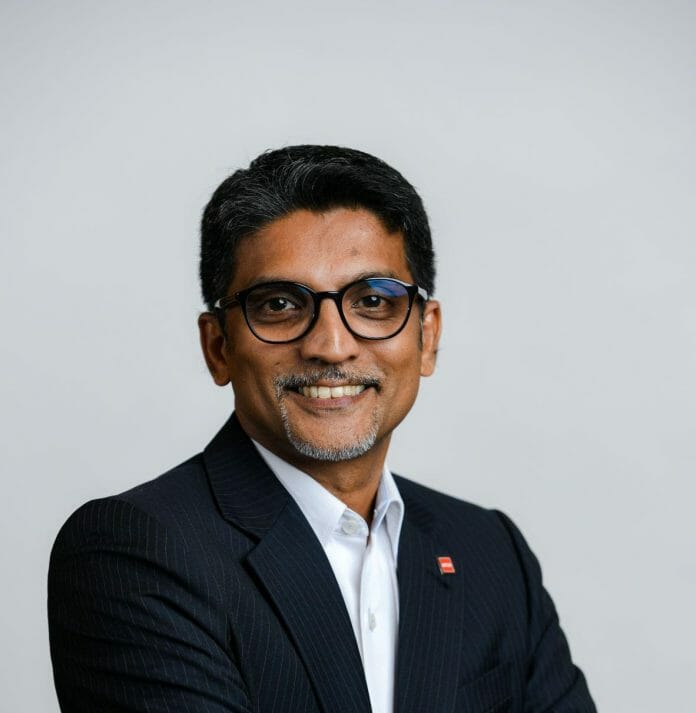In a post-pandemic economy, talent development is a key enabler, with human capital being an essential element in economic growth and development. While the COVID-19 pandemic had disrupted all sectors, education was among the hardest hit.
Professional education is now hard-pressed to meet the ongoing demand for a highly skilled and knowledge-driven workforce with the changes in business models and talent needs, impacted by technology advancements, adaptive work environments and a global workforce that is more diverse.
As the learning and development (L&D) sector races to fill these gaps, professional education is expected to grow at a compound annual growth rate of 4.4 percent from the 2021 base of £5 trillion to £7 trillion (about RM27 trillion to RM38 trillion) by 2030.
“We believe there are three key areas of opportunities which educators, learners and employers can leverage for finance skill development – such as how to develop and tailor capabilities for the varied roles, taking into account business trends which may give rise to new roles in the future, and how to cater to learner populations that differ greatly in age and culture – while also considering the role of technology and other innovations to drive efficiency in the education process and enhance learner engagement,” said Sharath Martin, Senior Policy Consultant, ACCA, ASEAN ANZ.
The new ACCA report, Developing the Skills of the Sustainable Business and Finance Professional, which was based on feedback from over 800 learners, employers, and educators from around the globe, revealed that over 70 percent of educators and learners agreed that critical thinking and digital skills are capabilities that need the most advancement within the current development programmes, followed by capabilities such as ethics and sustainability.
“Today, employers are also expecting communication, collaboration, and leadership capabilities among other soft skills to be included within the initial development programmes (IPDs), in some capacity. However, driven by the resource constraints of employers and educators, learning often focuses on assessment success,” added Martin.
“We need to expand our horizon and push for new frontiers in L&D to develop well-rounded professionals. For instance, blended learning programmes, which also includes the development of sound, practical experience and collaboration skills, would become more prevalent. We should understand that professional accountancy exams may not include teamwork, but the ability to work well in teams will support the practical experience requirements in IPDs.” said Martin.









